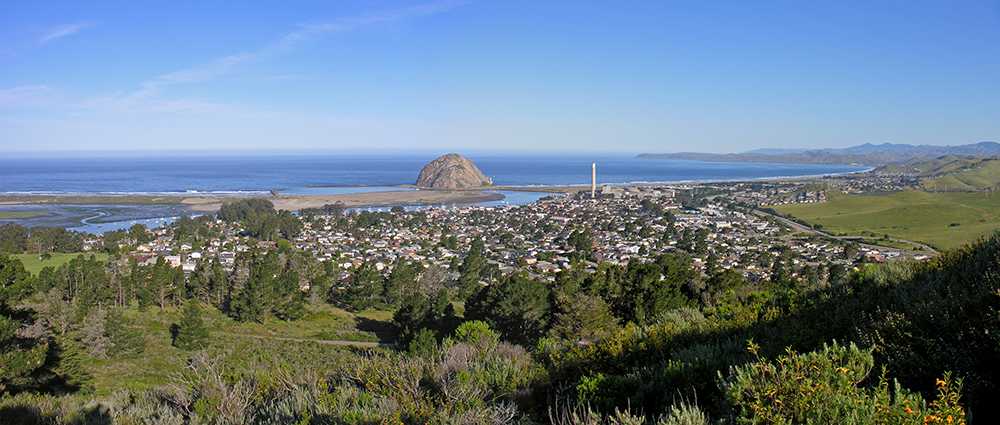Taylor Saugstad
Managing Editor of Design & Layout
The Cuesta community has expressed grave concern for the preservation of the environment and endangered species due to the positions of the Trump administration.
Throughout his campaign, President Donald Trump denied evidence supporting climate change and railed against the Environmental Protect Agency, calling it a “disgrace†and vowing to undo federal environmental rules and regulations.
His stance on environmental issues has caused serious concern amongst experts.
“I am alarmed about the gutting of the EPA, endangered species act and lack of concern about climate change,†said Ron Ruppert, Cuesta professor and division chair of the biological sciences department.
Local environmental groups are particularly concerned with the proposed Chumash Heritage National Marine Sanctuary, which they feel would help preserve the local coastline and protect endangered species that are found off the Central Coast of San Luis Obispo county.
“The sanctuary would protect our coast from oil exploration/drilling and wind or wave energy development,†said Steve Hendricks, Cuesta professor of environmental biology and life science.
Last month, however, the San Luis Obispo County Board of Supervisors voted to approve a statement opposing the creation of the marine sanctuary, but it’s the National Oceanic and Atmospheric Administration, the federal agency that’s in charge of creating and managing the nation’s marine sanctuaries, that has the final say.
The sanctuary designation would help a few species on the endangered species list that can be found along the coast coast, including various types of birds and fish, as well as sea otters, sea lions and whales according to Hendricks.
Decisions to designate any new marine sanctuary are on hold by NOAA as the agency awaits the appointment of a new administrator.
Billionaire Wilbur Ross was recently confirmed as the secretary of the Department of Commerce, which oversees NOAA. Ross, a fervent climate change denier is now in charge of the world’s largest repository of climate data.
Several environmental groups have stated that because NOAA is under the Department of Commerce that it presents a conflict of interest given that the environment and business are at odds.
Another local environmental concern is the Price Canyon Oil Field. This 110-year-old oil field is located between San Luis Obispo and Pismo Beach on Price Canyon Road.
Local opponents and proponents have been waiting for over a year to see if this controversial expansion plan will be approved by the Environmental Protection Agency, but the federal agency has yet to announce its decision.
This expansion, if approved, would allow for more than 50 new oil and steam injection wells to be drilled over the next 10 years.
This has many local residents and environmental organizations, such as the Environmental Center of San Luis Obispo and SLO Clean Water, concerned that this expansion could harm local aquifers and more than 100 drinking-water wells.
A 2014 review by the EPA showed that state regulators allowed more than 70 steam injection wells and 14 water disposal wells were drilled outside of the approved areas at the Price Canyon Oil Field. Once it was discovered that the wells were outside the exempted area, the production of new wells at the oil field was halted.
The EPA Administrator Scott Pruitt, was opposed at his confirmation hearing by EPA employees because he has sued the EPA more than a dozen times when he was the Attorney General of Oklahoma. Pruitt wants to bring balance to the environment and the economy, reining in the size and scope of the federal agency.
The Trump administration has proposed a 24 percent cut to the EPA budget, which would reduce its staff by one-fifth in the first year and eliminate several key programs, according to multiple news reports. Although, any spending decrease would need to pass Congress.
“It seems a little early to determine what affects the Trump administration will have on the environment in SLO county, but it is likely to have many. Many environmental regulations are sure to be relaxed, which could allow for more oil drilling and the development of land and the loss of agricultural land. If animals and plants are stressed from the drought and their protections are weakened or lost, we certainly run the risk of losing species,†Hendricks said.















